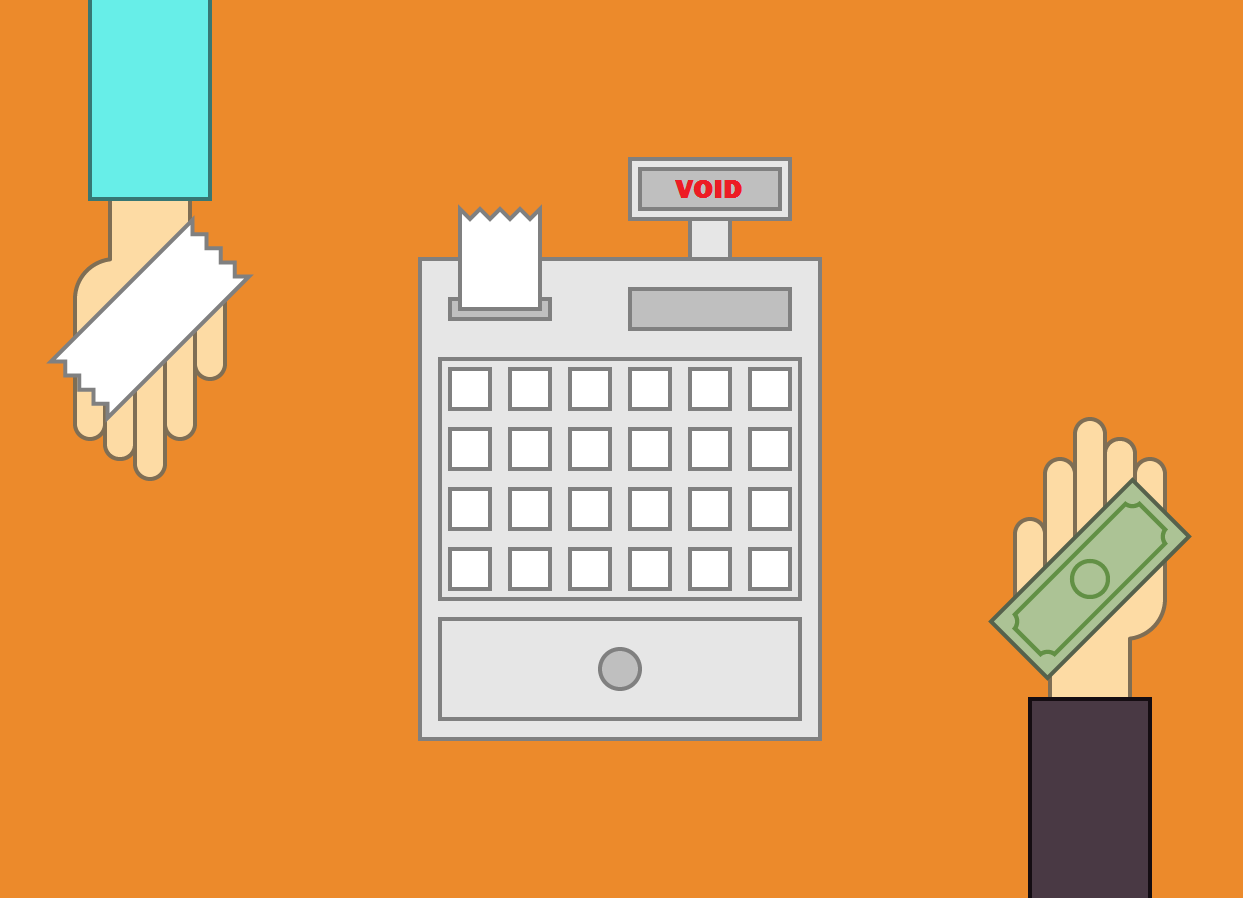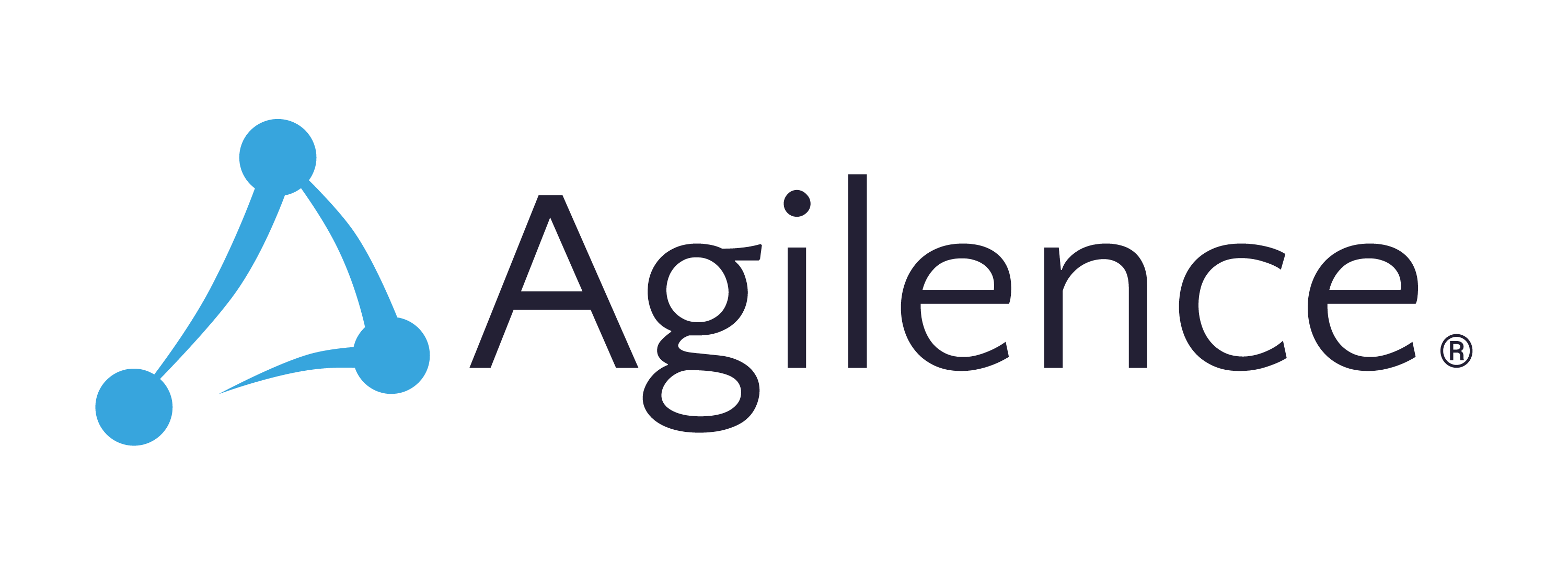Which Skills do Retail Business Analytics Professionals Need?
Retail Corey Adams
Corey Adams

Until recently, retailers used gut-feel, group consensus, or what they thought would help make important product and sales decisions. In short, they did what was best for them, not the customer.
That’s all changed, and data is the reason why. Nearly every industry is focused on gathering data about their customers, employees, and business operations. What do the customers want? How do they make purchase decisions? What time, price, location, or promotion is best used to reach customers? Are stores being run efficiently and meeting customer expectations? Are loyalty and rewards programs costing profits or improving profits? Capturing and interpreting business data can help retailers make more informed decisions that can improve business outcomes throughout the organization.
What is Business Analytics?
Business analytics is the practice of collecting and interpreting data to make better business decisions. Companies need people who are skilled in data analytics to help them better interpret data and apply these insights to their business, resulting in a need for highly skilled data analytics professionals.
According to Dr. Jan Hammond, professor at Harvard Business School, managers should ask themselves challenging questions. “How do the results of this analysis validate or reinforce the hypotheses I had before I did the analysis?” Challenging assumptions is the critical value of data analytics because it constantly expands what leaders know about their business.
How do business analysts and business analytics professionals differ?
While the titles business analyst and business analytics professional are often used interchangeably, they are defined as different roles, both serving slightly different functions to the organization. Business analysts focus on improving a company’s internal processes and procedures or processes between a company and third parties. They take a broader view of business, examining opportunities, risks, and alternatives for improvement opportunities. Data is secondary to their tasks, as they collect information to understand the feasibility of different options.
However, data is at the core of a business analytics professional’s job, answering the question, what is the data telling us? They focus on collecting, interpreting, and analyzing data to reveal trends and patterns. For retail, business analysts focus on customer data to understand their buying behaviors. They perform different types of analysis that help retailers reach customers and manage operations, including supply chain management, staffing, and loss prevention. Data is their core focus as they examine enormous data streams that reveal important insights.
Four types of data analytics businesses need
Descriptive analytics - When retailers want to understand their business' current state, they look to descriptive analytics to explain what is happening.
Example: Description analytics may show that snowblower sales have increased 25% in the last week, showing specific locations where sales skyrocketed.
Diagnostic analytics - Once retailers understand what is happening, they want to identify a root cause or cause and effect relationship and look to data to tell them why it happened.
Example: Data analytics may reveal that a sudden snowstorm blanketed the Northeast with higher than anticipated snow, indicating the reason for the spike in snowblower sales.
Predictive analytics - Predictive analytics uses big data and complex forecasting techniques to show the likelihood of a future situation.
Example: Big data, weather forecast models, and supply chain data may predict another heavy snowstorm within two weeks, helping retailers prepare for the event.
Prescriptive analytics - Prescriptive analytics provide specific answers to focused questions, helping retailers decide what actions they should take.
Example: Inventory analysis may indicate that retailers should transfer snowblowers from zip codes without anticipated snow to store locations in zip codes expected to be in the path of the predicted snowstorm.
Retailers benefit from each type of approach and can apply them to almost any area of their operations. The only thing they are limited by are the questions they ask. The better the question, the better that business analytics can provide quality information for better managerial decisions.
Technical skills every business analytics professional should master
As retail and other industries embrace the value of data analytics, professionals should have advanced technical skills that managers will rely upon for critical answers.
SQL - The ability to perform database queries to extract and analyze data and create models for decision-makers.
Statistical Languages – R is a widely used statistical language and environment for statistical computing and graphics and Python is a general programming language. These applications, and others, are used to analyze big data sets.
Statistical Software - Understanding big data means understanding statistics. Statistical software is also used and may include SAS or standard packages like Excel to calculate required statistics.
Non-technical skills for business analytics professionals
According to Dr. Jan Hammond, Harvard professor, business analytics roles can set themselves apart from others by their “ability to understand the problems in the context in which they are placed.” To do that, they should learn six critical business skills.
Business Acumen. Business analytics professionals do more than share data. They also need to know how that data affects the bottom line. Decision-makers depend on data to make essential business moves, and data analytics professionals must understand the financial and operational impact of their analysis.
Great communicator. Business analytics professionals must share business insights so that executives, peers, coworkers, and business partners can both understand and apply valuable knowledge. Oral, written, and presentation skills are a must.
Solutionist. Retailers are constantly faced with new challenges that business analytics can help solve. These professionals strive to understand the root cause of a problem and the potential effects of any proposed solutions.
Curious and Creative Critical Thinker. Business analytics roles should enjoy digging for answers, looking for trends, and asking new questions. They have to use logical problem-solving methods and apply their creativity to ask new questions and find innovative solutions.
Graphic artistry. Business analytics professionals are artists, sharing data so that people of all disciplines understand. Knowing what chart, icon, or picture effectively tells the story is critical to getting their point across.
Team Player. Business is a team sport. Business professionals from all disciplines require data to make decisions, and business analytics roles need to interact with peers to understand data and apply results.
For more information on how to best utilize retail analytics to improve outcomes across the enterprise, download "The Complete Retail Data Analytics Guide" now.
Related Articles

Tackling Total Retail Loss: A New View on Loss Prevention
For the last 100 years, retailers have used the term “shrink” to indicate the difference between what is on the shelf as comp...
'Building a Bank:' Reduce Losses by Preventing Internal Fraud & Theft
Theft and fraud in retail and restaurants is widely considered a cost of doing business. Internal fraud and organized theft l...
The New Retail Store Operations Checklist
It may seem like today’s daily store operations aren’t much different than they were 100 years ago. But with the increasing r...Subscribe to our blog
Receive free educational resources like exclusive reports, webinars, and industry thought leadership articles straight to your inbox.


